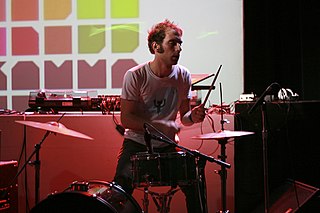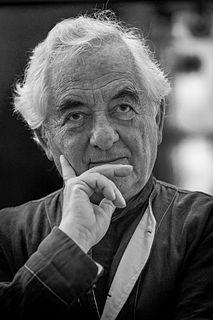A Quote by Neil Postman
Computers are merely ingenious devices to fulfill unimportant functions. The computer revolution is an explosion of nonsense.
Related Quotes
At the age of 5, when I was in kindergarten, I often used to pass by the computer labs and see students doing work on computers. I realized that calculation, which would take us a long time to do, can be done in less than a second with the help of computers. So that is how my interest in computers began.
IT for a long time has been about how do you make old processes more efficient. But with all of the progress in digital technology, there is a kind of digital transformation that is occurring. And you see it with the explosion in the number of devices; you see it in the explosion in the number of applications.
During the last 35 years, the artists multiplied, the public grew enormously, the economy exploded, and so-called contemporary art became fashionable. All these parameters changed the art world form its previous aspects and fundamentals - the explosion of museums and institutions, explosion of Biennales and Triennials, explosion of money, explosion of interest, explosion of artists, explosion of countries interested in contemporary exhibitions, explosion of the public. Not to see that is to be more than blind.



































